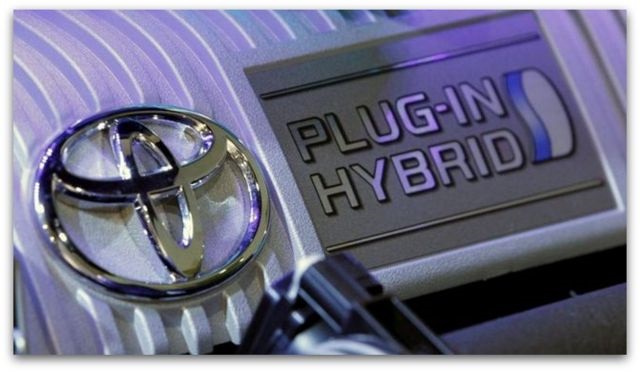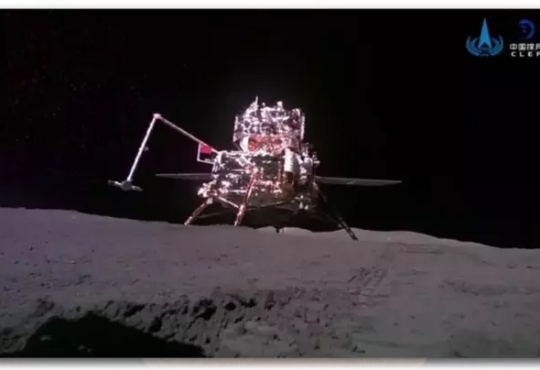
At the World Economic Forum in Davos, one presentation went largely unnoticed, but it’s extremely important because the chief scientist behind it is Toyota, the world’s largest carmaker.
Gil Pratt addressed the audience to explain why relying solely on electric cars is not the best strategic path.
– The gap between lithium demand and the expected supply until 2040 is large. The International Energy Agency actually estimates the difference to be as high as 50 percent. That’s why I don’t sleep at night because I wonder how are we going to get there? There won’t be enough lithium because the mines take 10-15 years to start working. Battery factories take two years to start production, so there will be a big supply shortage. Our thesis, and Toyota is not alone in this, is that we need to electrify vehicles as much as possible, but we don’t have to electrify them in just one way. The way you’re most familiar is a vehicle that plugs in and then just runs on batteries, but they use a lot of lithium. The other is a plug-in hybrid electric vehicle, which has a gasoline engine to charge the batteries. And finally, there are hybrids that are older technology, that use gasoline, but with much higher efficiency. All use lithium, but in different amounts.
Pratt’s thesis is that the concentration of lithium use in a small number of all-electric vehicles does not sufficiently reduce the average emissions of the vehicle fleet in certain states. By deploying available lithium to as many vehicles as possible, electric cars and hybrids that use small batteries, emissions can be reduced more effectively, Pratt believes.
– So even if the individual performance is not that good, the overall performance, considering that lithium is a key resource, is actually far better. To be clear, we’re not suggesting that everyone completely switch to hybrid cars. By 2030, Toyota will produce 3.5 million battery electric cars per year. But we think that in certain parts of the world – where the charging infrastructure isn’t as green, where there are people who don’t have easy access to chargers – some of these other options might actually be better.
Recently, Toyota has been criticized for being late with the transition to electric vehicles…








